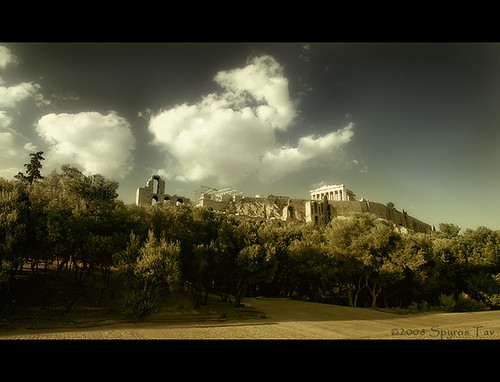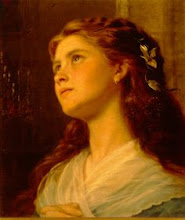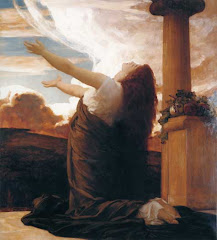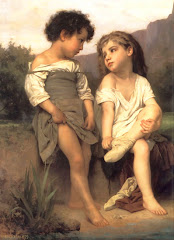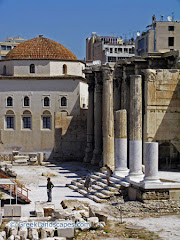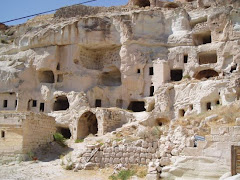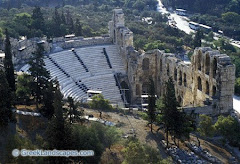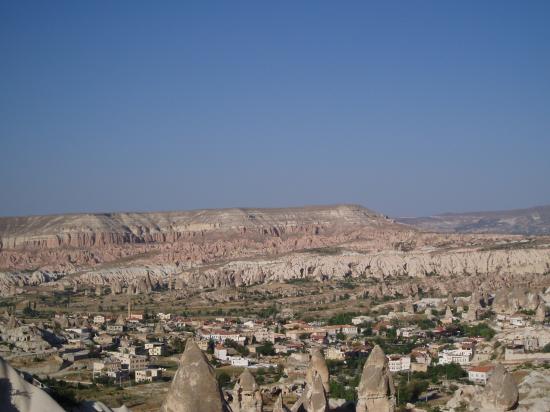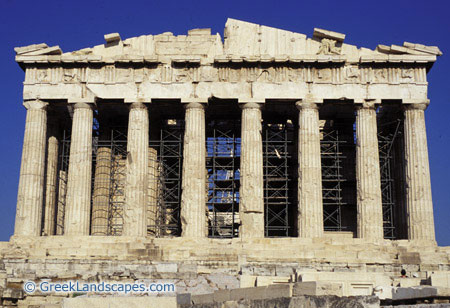In ancient Greece, the spoken word connoted power, whether in the free speech accorded to citizens or in the voice of the poet, whose song was thought to know no earthly bounds. But how did silence fit into the mental framework of a society that valued speech so highly?
Arguing that the notion of silence is not a universal given but is rather situated in a complex network of associations and values, Montiglio (Sylvia Montiglio, author of Silence in the Land of Logos) seeks to establish general principles for understanding silence through analyses of cultural practices, including religion, literature, and law.

Unlike the silence of a Christian before an ineffable God, which signifies the uselessness of words, silence in Greek religion paradoxically expresses the power of logos--for example, during prayer and sacrifice, it serves as a shield against words that could offend the gods. Montiglio goes on to explore silence in the world of the epic hero, where words are equated with action and their absence signals paralysis or tension in power relationships. Her other examples include oratory, a practice in which citizens must balance their words with silence in very complex ways in order to show that they do not abuse their right to speak. Inquiries into lyric poetry, drama, medical writings, and historiography round out this unprecedented study, revealing silence as a force in
its own right.
The functions and meaning of silence in classical Greece is a problem especially serious for a student of silence because, the Spartans, and not the Athenians, were famous for their silent behavior. Moreover, in the case of Greek literature the "tyranny of the genres" limits the free expression of the individual...It is wrong to generalize the expereince of religious silence across time, space, and different ritual practices....draw a contrast between a notion of the ineffable, in keeping with the worshipper's presence before an ineffable God (as in Christianity), and that of a taboo or interdiction, which aptly defines the experience of religious silence in most Greek rituals.


The untiring voice of the hero to the equally untiring voice of the poet, who claims to be the enemy of silence as much as he claims to be the builder of memory and glory. Taking Pindar as the main focus of analysis...the opposition between silence and the voice as a poetic medium, and in particular, the ways in which silence, the ultimate threat for the poet's voice in an aural culture, is appropriated by this same voice as a tool for its own creative activity.

The very existence in Greece of a "code of silence" that involves the body and pervades cultural manifestations as diverse as religious rituals, Homeric epic, drama, and medical texts, points to a shared tendency to associate an absence of words with specific gestures and postures; an association, in turn which suggests that for the Greeks silence was a highly formalized behavior, much more so than it is for us.
Have blessed days ahead BLOGGERS! God Bless!
Yours,
Ophelia
sources:
Silence in the Land of Logos by Silvia Montiglo published by Princeton University Press.
IMAGES:
image 1 - a witness of time by mark.os on flickr
image 2 - by pantherinia_hd on flickr
image 3 - by Daniel Schwabe on flickr
image 4 - by spyros_tav_"smile...on flickr
image5 - by Darrell Godliman on flickr



